Xinjiang's Multi-Ethnic Community Fosters Bonds of Support, Friendship
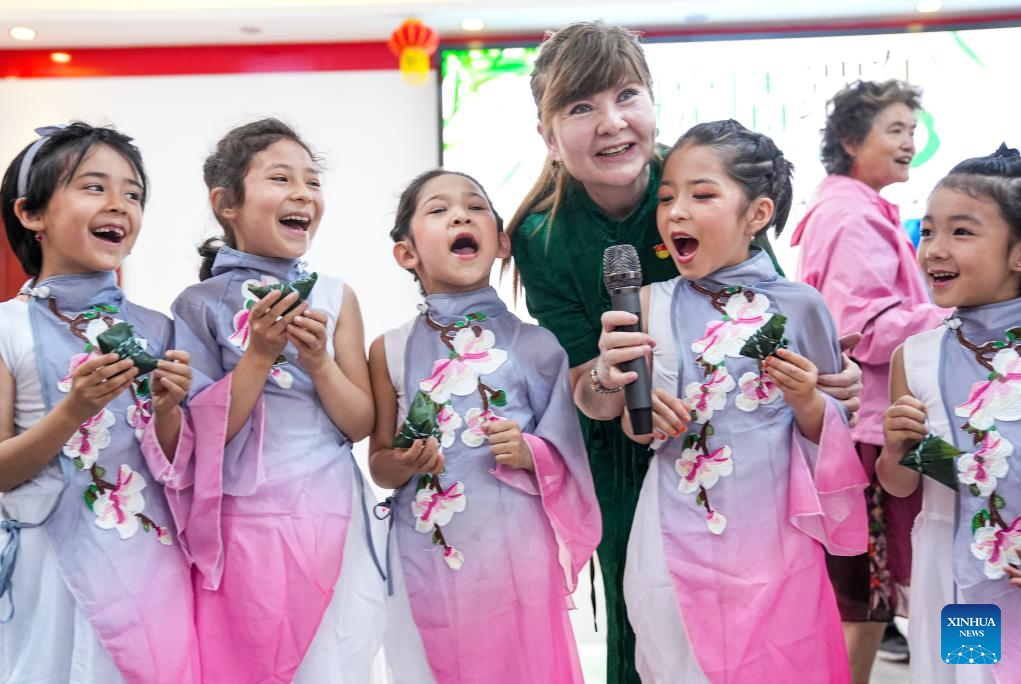 |
| Children learn traditional Chinese solar terms during a celebration of the Dragon Boat Festival at Guyuanxiang Community in Urumqi, northwest China's Xinjiang Uygur Autonomous Region, June 6, 2024. [Xinhua/Wang Fei] |
URUMQI, Aug. 6 (Xinhua) — Ma Hongmei, of Hui ethnicity, has been working in a multi-ethnic residential community in northwest China for 15 years. Over the years, members of one Uygur family have grown from being complete strangers into those she considers closest to her.
When she first met Tuniyaz Dawut in 2009, his wife's polio meant she was physically disabled and unable to work. With two children to take care of, the Uygur couple relied solely on Tuniyaz Dawut's meager income.
The family became a great concern for Ma, and she helped them apply for a subsistence allowance and other aids to alleviate their financial difficulties.
In 2016, a paired assistance program was launched by the Guyuanxiang Community in Urumqi, the capital city of the Xinjiang Uygur Autonomous Region. Ma volunteered to pair up with Tuniyaz Dawut's family, and has been offering them care and assistance ever since.
Both sons in the family have had a passion for music since they were young, Ma said, but their parents couldn't afford musical instruments. Ma reported their situation to the community, and its then Party secretary Liu Bo decided to give his electronic piano to the family, beginning the boys' journey into the world of music.
The paired assistance program is among the various activities that have been initiated by Guyuanxiang since 2001, according to Zhang Yaowen, the community's incumbent Party secretary. Zhang noted that Guyuanxiang has some 4,800 residents, over 95 percent of whom are members of ethnic minority groups such as the Uygur, Kazak and Hui.
With the support of the community, Tuniyaz Dawut has already obtained two job certifications through training, which have expanded his opportunities and improved his family's standard of living. He has also helped other residents facing difficulties.
One of his sons is now studying at an art university, and the other has established his own music studio where he teaches the tanbur, a stringed instrument. Over the years, his sons have also participated in community volunteer services, repaying the favors they once received from the community.
Today, mutual assistance between neighbors has become a customary practice in Guyuanxiang, and the community has become a platform for emotional exchange and integration among different ethnic groups.
According to Zhang, the community has created 41 WeChat groups to establish an on-demand network, aiming to improve its services and management. "When residents voice their complaints, or express their difficulties or demands, the community staff members follow up promptly and provide a solution for each specific matter."
Zhang said that during the ongoing summer vacation, for example, when parents have to work through the day, the community has provided nursery services for children aged three to five, and launched interest-oriented classes for children aged six to 15, with focuses ranging from intangible cultural heritage to football.
He noted that the community has also created a stage for its senior residents, enriching their lives in retirement. Led by the community's neighborhood committee, various art groups for seniors have been formed, including a choir, a modeling team, an instrumental ensemble and a dance troupe. And each year, the community organizes an average of over 70 cultural events in which all residents, young and old, can participate.
Feng Yanxiang, 66, once a resident of the community, is now head of the Xingguang Choir, whose name translates to "starlight," with members ranging in age from 56 to 81. She established the choir after retiring from her job as a road passenger traffic announcer, hoping to help its retired members with their social lives and hobby development.
Over some 14 years, the choir has not only become a platform for senior residents to explore their talent, it has also become a close-knit family.
Choir member Rizwangul Abduriyim was diagnosed with gastric cancer in 2019. That year, Feng mobilized other members to provide assistance and encouraged her to continue participating in the choir's activities after her surgery.
"I told her that she should not stay at home alone as it could lead to overthinking. I reassured her that she would recover and encouraged her to focus on singing, which would contribute to her recovery," Feng said. Today, Rizwangul Abduriyim is recovering well. She prepares meals at her home during the Corban Festival, and she has invited Feng to spend this festival with her.
Currently, the community has about 740 volunteers and eight volunteer services teams in fields such as transportation, medical services and cultural exchange.
Looking to the future, Zhang said the community will continue strengthening self-governance among its residents, promoting ethnic unity, and encouraging more of its children to explore the wider world. Enditem
(Zhang Meng, Hou Qianchen and Cao Ruozhu also contributed to the story.)
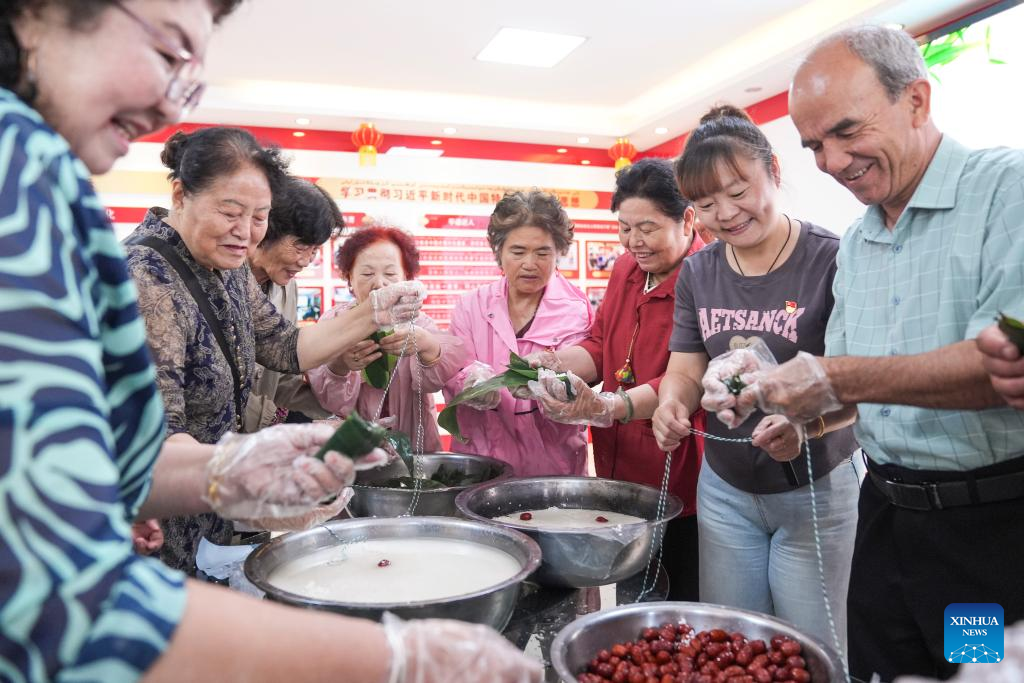 |
| Residents make zongzi (sticky rice dumplings), a traditional Chinese delicacy typically consumed during the Dragon Boat Festival, at Guyuanxiang Community in Urumqi, northwest China's Xinjiang Uygur Autonomous Region, June 6, 2024. [Xinhua/Wang Fei] |
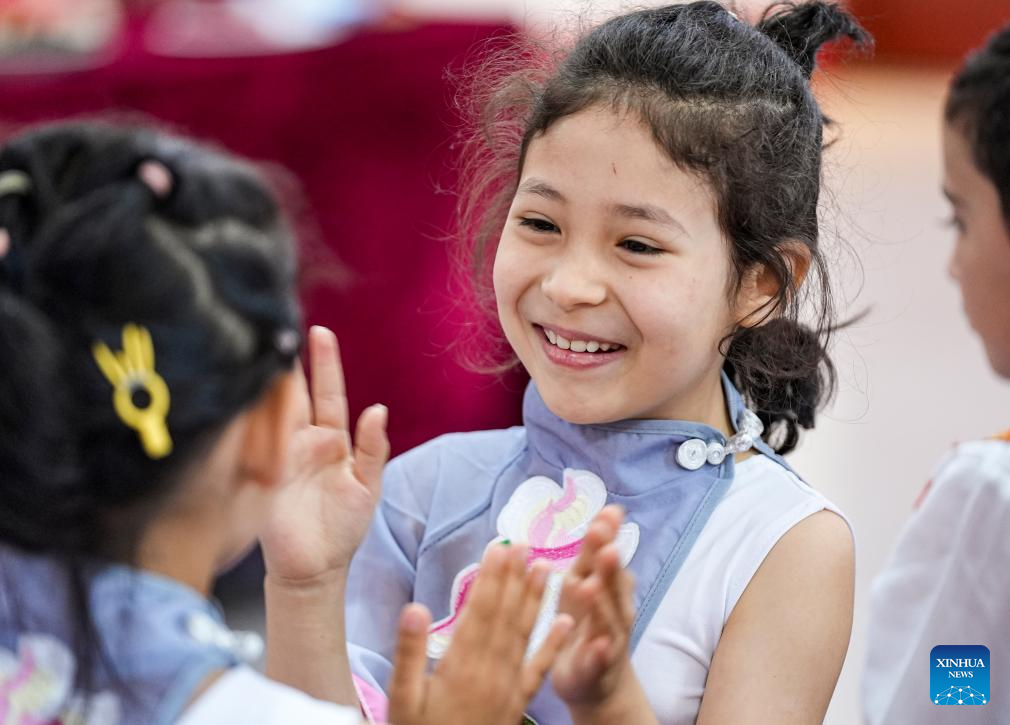 |
| Children play games during a celebration of the Dragon Boat Festival at Guyuanxiang Community in Urumqi, northwest China's Xinjiang Uygur Autonomous Region, June 6, 2024. [Xinhua/Wang Fei] |
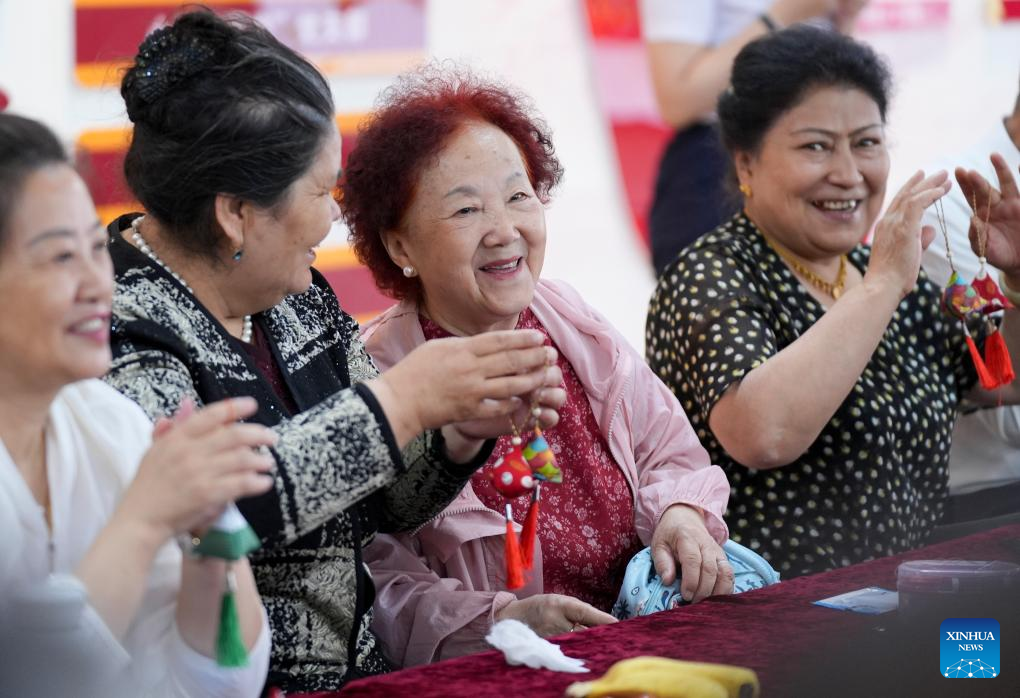 |
| Residents make sachets during a celebration of the Dragon Boat Festival at Guyuanxiang Community in Urumqi, northwest China's Xinjiang Uygur Autonomous Region, June 6, 2024. [Xinhua/Wang Fei] |
(Source: Xinhua)
Editor: Wang Shasha
Please understand that womenofchina.cn,a non-profit, information-communication website, cannot reach every writer before using articles and images. For copyright issues, please contact us by emailing: website@womenofchina.cn. The articles published and opinions expressed on this website represent the opinions of writers and are not necessarily shared by womenofchina.cn.

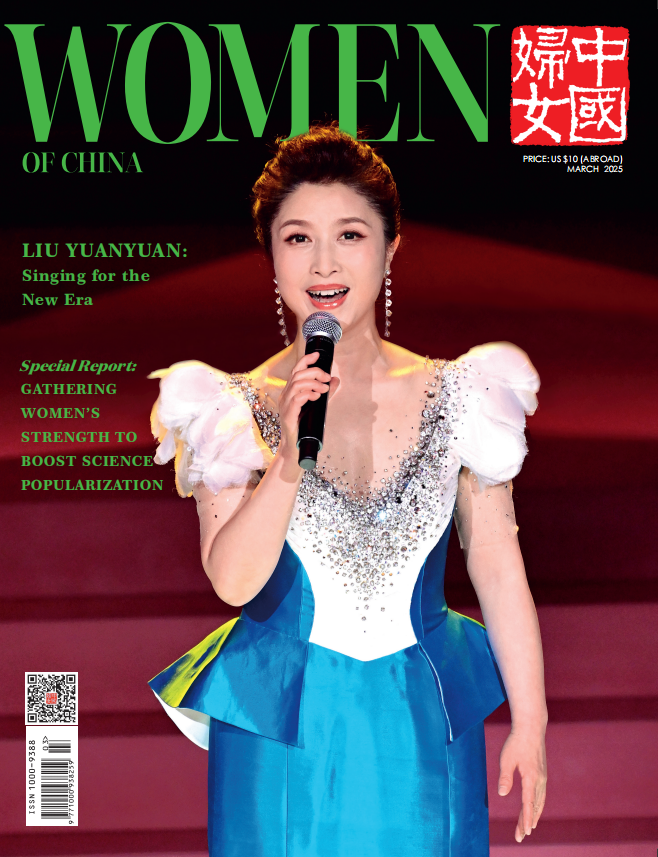




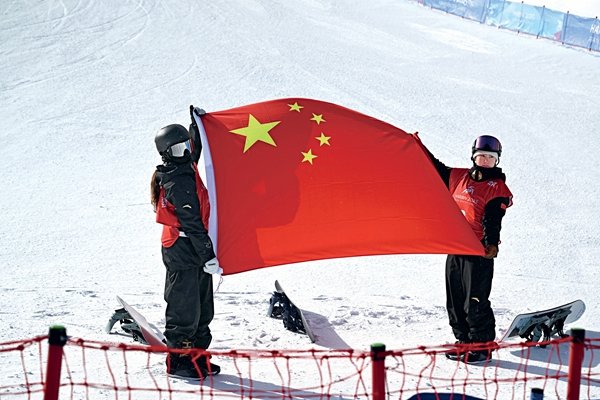
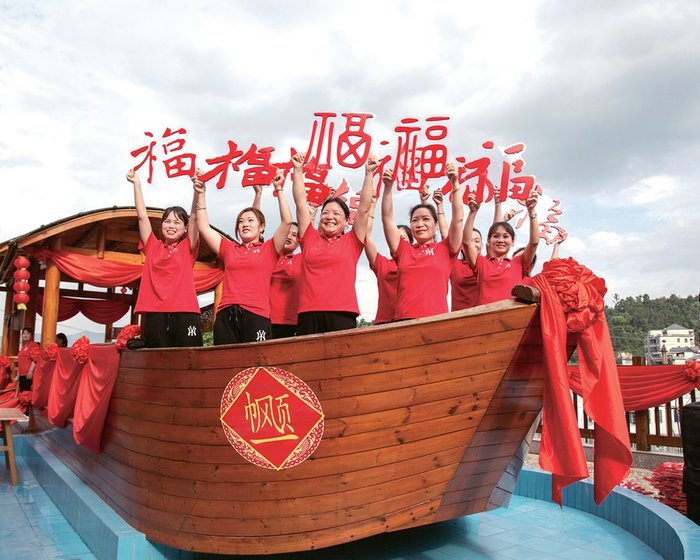
.jpg)

 WeChat
WeChat Weibo
Weibo 京公网安备 11010102004314号
京公网安备 11010102004314号